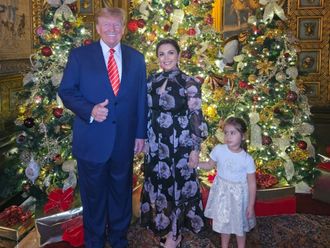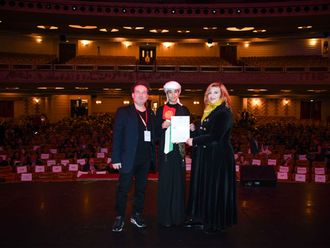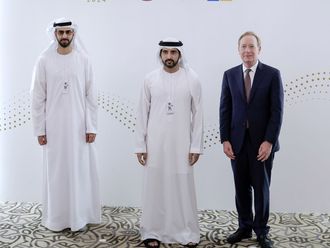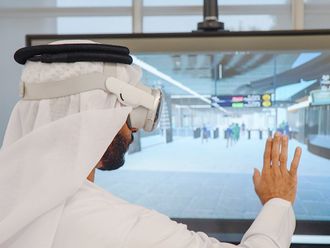The Philippines has joined China in its campaign for the leaders summit of the Asia Pacific Economic Cooperation (APEC) in Shanghai on October 20 to issue a statement on anti-terrorism.
The Philippines is sensitive to the issue because of the Abu Sayyaf, which has embarrassed leaders by its kidnap-for-ransom and bombing campaigns in Mindanao, said the same source.
The U.S. has always wanted to transform the economic grouping into a political one, said the source, adding the proposed statement would be a breakthrough because it would mirror the political stance recently undertaken by members of the G-7, or developed countries, with regard to international terrorists.
"There will be a statement on terrorism either as part of the leaders' statement or in a separate document. We don't know which one the leaders will adopt. China is consulting all 21 economies about this," said Ambassador Rosario Manalo, head of the Philippines delegation to the APEC senior officials' meeting.
"We will continue with APEC's traditional (economic) agenda but we can't carry them out in isolation with international terrorism," Manalo said.
The transformation of APEC, from an economic to a political grouping, will be the consequence of the U.S.'s successful diplomatic offensive in getting a firm support for its military campaign against the Taliban regime.
APEC was established in preparation for the implementation of the General Agreement on Tariff and Trade and the World Trade Organisation.
Its importance has recently been questioned by critics following the 1997 Asian financial crisis, which many said was caused by world-wide policy on liberalisation.
APEC is composed of the seven Southeast Asian countries (Brunei, Indonesia, Malaysia, the Philippines, Singapore, Thailand and Vietnam), five in Northeast Asia (China, Japan, South Korea, Taiwan and Hong Kong), five in the Americas (U.S., Canada, Mexico, Brazil and Chile), three in the Pacific (Australia, New Zealand and Papua New Guinea) and Russia.
At the same time, APEC's developing member countries will ask developed countries to help stop money laundering activities of terrorists, drug traffickers and other transnational criminals.
"The major advocates of the unbridled manner of opening up borders now realise one negative consequence: international terrorism," said Manalo.
APEC's effort to attain a political stance on terrorism is similar to the stance recently taken by the G-7, which agreed to share intelligence information among members regarding the intricate financial network of international terrorists.
Philippines joins China's campaign
The Philippines has joined China in its campaign for the leaders summit of the Asia Pacific Economic Cooperation (APEC) in Shanghai on October 20 to issue a statement on anti-terrorism.












